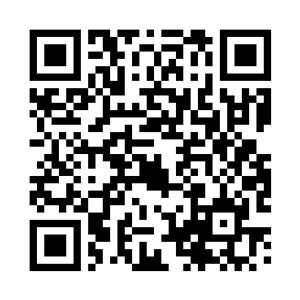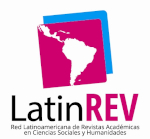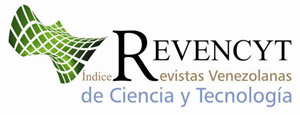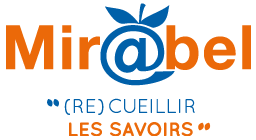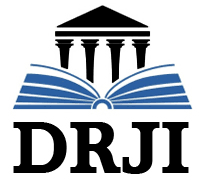Cultural imaginary in relation to healing: a look from the ethnographic perspective
Keywords:
cultural imaginary, healing, ethnographic perspectiveAbstract
The complexity permeates each socio-historical process, from the experiential-social by a continuous evolution based on interpretive actions that demand the need to know the universal essence of the facts to reveal the structures of meaning of the world of life. It is in this ontological doing that the cultural imaginary emerges as a relational construct conceived within the cognitive surveillance of the culture of each country. From this perspective, this scientific article focuses its attention on the peremptory nature of the cultural imaginary in relation to healing, from an ethnographic perspective that seeks to enter into the context of healing, as well as, to know the transcendence of culture, from the significance and feeling that the social and experiential aspects imprint on it. It is in this way, as in the conveniences of assuming a paradigmatic view of the cultural imaginary around the recognition of healing as a collective phenomenon, that the combination of the development of cultural aspects with the ethnographic perspective becomes interesting, based on its main characteristics. intersubjective and dialogical, from the assumption of the search for human well-being that, in collective and citizen terms, is constituted by a whole legion of ancestral customs, perhaps unsuspected in the citizens themselves.
Downloads
References
Castoriadis, C. (2003). La institucón imaginaria de la sociedad. Buenos Aires, Argentina: Fábula TusQuets Editores.
Goetz, J. y LeCompte, M. (1988). Etnografía y diseño cualitativo en investigación educativa. España: UNIGRAF, S.A.
López, M. (2019). La biodescodificación y sus beneficios para combatir el estrés laboral. https://imagenglobal.org/2019/08/24/la-biodescodificacion-y-sus-beneficios-para-combatir-el-estres-laboral/
Maruso, S. (2016). La sanación es un proceso que va más allá de la curación del cuerpo físico. www.fundacionsalud.org.ar/la-sanacion-es-un-proceso-que-va-mas-alla-de-la-curacion-del-cuerpo-fisico-es-un-proceso-emocional-mental-y-espiritual-sorprendentemente-poderoso-que-nos-acerca-a-quienes-realmente-somos-y/
Mead, G. (1990). Espíritu, persona y sociedad. México: Paidós. (Edición original en inglés, 1934).
Miranda, E. (2014). El imaginario social bajo la perspectiva de Cornelius Castoriadis y su proyección en las representaciones culturales de Cartagena de Indias. Universidad de Cartagena. Facultad de Ciencias Humanas. Programa de Filosofía. Cartagena de Indias.
Organización de las Naciones Unidas para la Educación, la Ciencia y la Cultura. (UNESCO, 1982). Declaración de México sobre las políticas culturales. Conferencia mundial sobre las políticas culturales. México D.F., 26 de julio - 6 de agosto de 1982.
Pintos, J. (2005). Comunicación, construcción de la realidad e imaginarios sociales. Utopía y Praxis Latinoamericana 10(29).
Primera Conferencia Internacional de Promoción de la Salud. (1986). Ottawa, 21 de noviembre de 1986. WHO/HPR (Health Promotion)/HEP/.
Rusque, A. (1999). De la diversidad a la unidad en la investigación cualitativa. Venezuela, Caracas: Venezolana de Impresos.
Saforcada, E., De Lellis, M. y Mozobancyk, S. (2010). Salud pública: perspectiva holística, psicología y paradigmas. En: Saforcada, E., De Lellis, M., Mozobancyk, S. Psicología y Salud Pública. (pp. 19-42). Buenos Aires: Paidós.
Sánchez, C. (2009). El imaginario cultural como instrumento de análisis social. https://www.redalyc.org/journal/1002/100264147005/html/
Taylor, S. y Bogdan, R. (2000). Introducción a los métodos cualitativos. Barcelona: Paidós Ibérica.
Vich, V. (2018). ¿Qué es un gestor cultural? (En defensa y en contra de la Cultura). Universidad Nacional de Colombia. https://www.academia.edu/39251384/_Qu%C3%A9_es_un_gestor_cultural
Vidal, L. (2021). La biodescodificación: ¿qué significa cada enfermedad? https://www.bioguia.com/salud/biodescodificacion_29280398.html
Published
How to Cite
Issue
Section
License

This work is licensed under a Creative Commons Attribution-NonCommercial-ShareAlike 4.0 International License.





